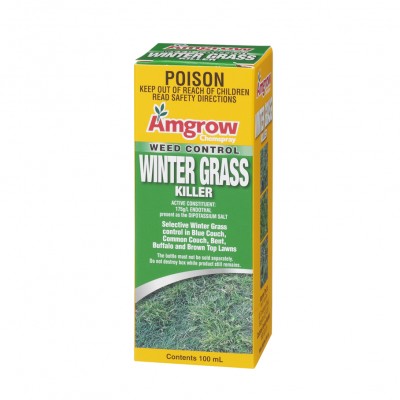TIFTUF BERMUDAGRASS RECEIVES MAJOR AWARD FOR WATER CONSERVATION BRYAN TOLAR, TOLAR CAPITOL PARTNERS
Mention winning an award and the first thing that comes to mind, for me, is the leg lamp. You know, the infamous prize in the cult classic movie “A Christmas Story.” Ralphie Parker’s father – “The Old Man,” as he is described – is elated after winning a “major award:” a table lamp in the shape of a woman’s leg in fishnet stocking and high heel. As cameras roll, the lamp is feverishly assembled and proudly placed in the home’s feature window, in full view of the neighbors and passersby.
Indeed, an award typically validates the effort and/or rewards the accomplishment of outstanding labor. Some industries, such as music, sports and film, regularly fill auditoriums and arenas with hordes of industry leaders, passing out top awards to celebrities. Landscaping and green industry sectors, too, present awards. They usually honor outstanding design and beautification. But never have we seen awards for water conservation from these sectors.
Not until now, that is. Over the past few years, the focus on reducing outdoor water use has grown, and with it, the growing recognition of water conservation accomplishments in landscaping. One beneficiary of this increased attention is the University of Georgia’s Dr. Brian Schwartz for his work to breed TifTuf Bermudagrass. The accolades are deserved: Data continue to validate reduced water needs for TifTuf to maintain high quality for lawns, parks, sports fields, and more. In fact, put this in the feature window: Research shows a whopping 38% less water is required for TifTuf compared to the most popular bermudagrass.
It’s no surprise then, that the latest kudos for TifTuf, in July 2022, came from no less venerable an organization than the Georgia Association of Water Professionals (GAWP), which bestowed its Phil Karr Water Wise Award upon Dr. Schwartz as recognition for his great “contributions to water conservation in Georgia” as TifTuf continues to show effectiveness for reduced outdoor water use in landscapes. More than 800 attendees from the water industry sector attended the presentation.

The recognition reinforces the importance of UGA’s Turfgrass Program and the role of TifTuf. But make no mistake: From this association, this is a “major award.” During Georgia’s deep drought of 2007-2009, as lake levels and stream flow plummeted, GAWP was a key voice in the regulatory arena urging a ban on outdoor water use.
Regulators concurred. The ban resulted in billions of dollars lost and closed businesses in the landscape, sod, and green industry sectors as consumers stopped buying products and associated services. It was devastating.
Since 2016, TifTuf has given Georgia and a growing list of states an answer to water conservation in the landscape. And this award demonstrates that former foes in the water industry have taken notice.
Dr. Schwartz and TifTuf have received other state and local awards and recognition. Among them:
- Resolutions passed by the Georgia House and the Georgia Senate during the 2020 Georgia legislative session
- A Commendation issued by Georgia Governor Brian Kemp in 2021 as part of his recognition of water conservation initiatives in the Atlanta region
- A water stewardship award from the Athens-Clarke County Unified Government in response to the success of TifTuf in 2021
In “A Christmas Story,” Ralphie Parker’s parents feud over the leg lamp (which “accidentally” breaks), highlighting that not everyone agrees on major awards. Yet TifTuf has earned praise from diverse groups: conservation-minded organizations, state leaders, and local governments. This is indeed extraordinary validation of a green industry viewed very differently just a decade ago. The marketplace, too, has taken notice: TifTuf is now the fastest warm-season turfgrass to achieve the milestone of 1 billion square feet sold and installed.
Water conservation efforts must carry on. TifTuf continues to show what is possible through science, research, and leadership. In the world of outdoor water use and conservation, each special recognition of TifTuf is a true “major award” for the future of water stewardship by the landscape industry.


